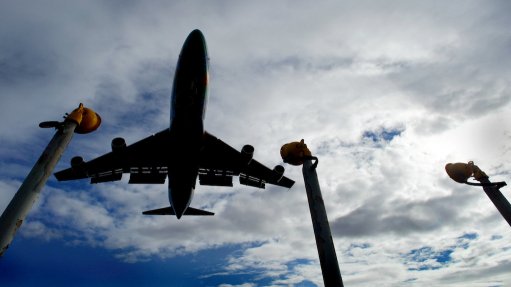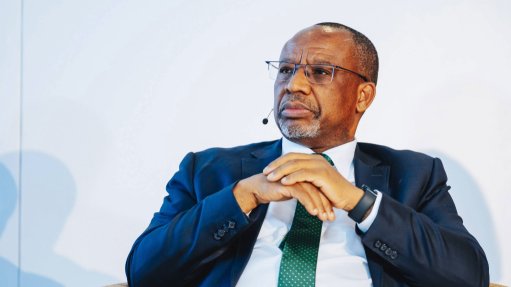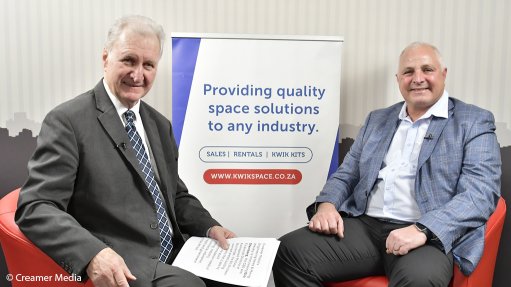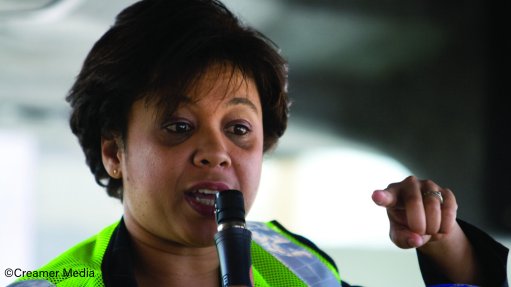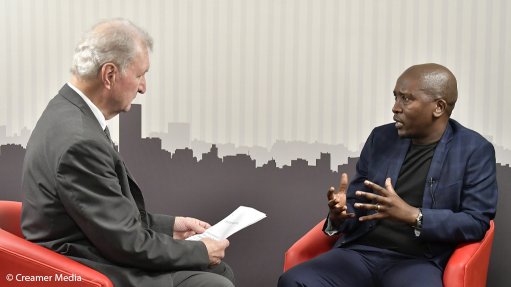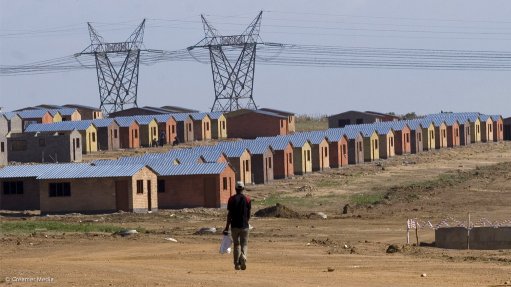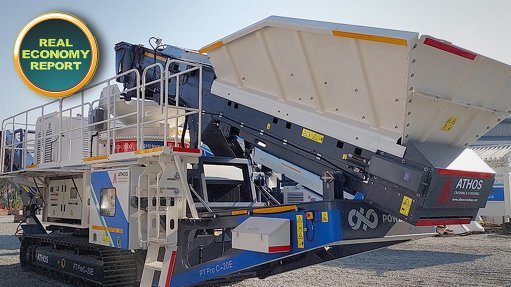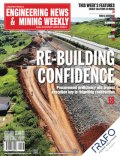Govt has more work to do – Minister


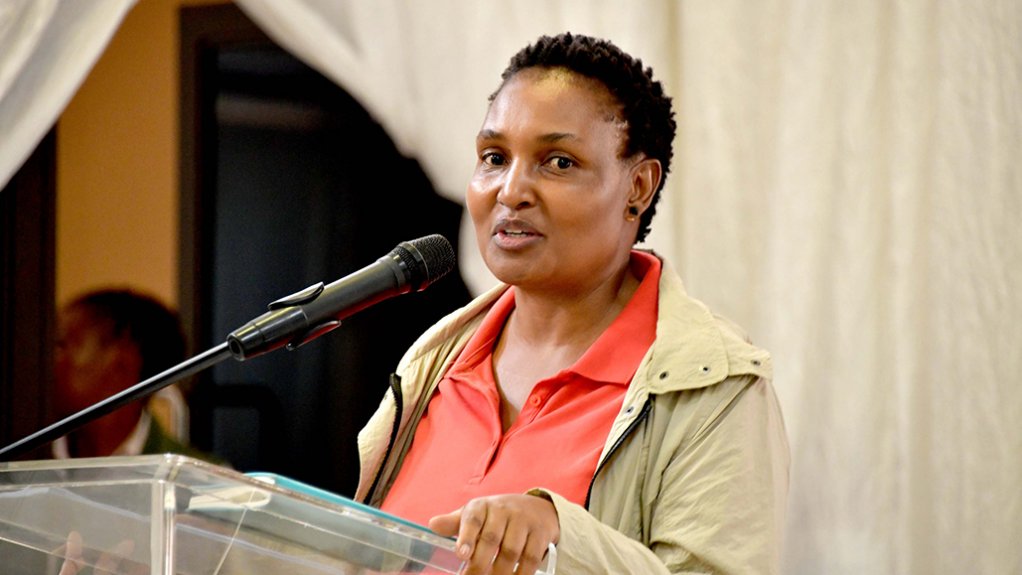
BASIC NEEDS Misa remains an important vehicle for government to advance its efforts towards meeting the basic needs of South African citizens
Photo by Adobe Stock
THEMBI NKADIMENG Government has more work to do to ensure that local government executes its Constitutional mandate to service local communities by providing basic infrastructure and services
The Municipal Infrastructure Support Agent (Misa) last month celebrated ten years of “building a stronger and more resilient nation”, as it continues to deliver municipal services that are thoughtfully planned, designed and maintained and which contribute toward the foundation of vibrant and prosperous societies.
While significant progress has been made since its establishment in 2012, Cooperative Governance and Traditional Affairs Minister Thembi Nkadimeng stresses that “government has more work to do to ensure that local government executes its Constitutional mandate to service local communities by providing basic infrastructure and services on a sustainable basis”.
Misa, she adds, remains an important vehicle for government to advance its efforts towards meeting the basic needs of South African citizens.
However, some of the challenges and opportunities within the municipal services and infrastructure space stem from basic service delivery backlogs and the “swift currents of urbanisation”, the Minister comments.
It is within this “complex web” of dynamics that South African citizens struggle with the profound consequences of poor infrastructure delivery, the shortfall of which affects the country’s economic growth, job creation aspirations, and local economic development initiatives.
While strides have been made over the past decade, Nkadimeng highlights that collaborative efforts are still needed to provide essential services to every household and to “chart a path that contributes meaningfully to socioeconomic growth and bridges the gaps that hinder progress”.
One of the most pressing issues confronting municipalities, she stresses, is the challenge of inadequate maintenance and refurbishment of already developed infrastructure. The consequences are evident in frequent breakdowns, sewage spillages, and subpar service quality, she says.
“This situation not only compromises the efficiency of these facilities but also shortens their lifespan. The root cause lies in the insufficient investment in infrastructure maintenance coupled with capacity constraints.”
A persistent impediment to Misa’s and government’s broader efforts, is the struggle to attract and retain skilled personnel within certain municipalities, especially those in rural areas.
This, Nkadimeng notes, has a direct impact on the effectiveness of Misa’s support programmes, as the absorption of technical expertise is hampered in such environments, owing to the scarcity of skilled professionals, which hampers the implementation of projects and the realisation of comprehensive solutions.
Moreover, the issue of unspent Municipal Infrastructure Grants (MIGs) and other funds poses a hurdle that is receiving government’s “immediate attention”.
Nkadimeng laments that some municipalities having faced persistent difficulties in efficiently using these funds, which has led to under-use of resources.
Misa, in this instance, is intensifying its efforts to provide support to these municipalities, aiming to raise their average yearly expenditure to a minimum of 85%.
This approach not only ensures the optimal use of resources but also accelerates the pace of development within these communities, Nkadimeng avers.
Additionally, Misa is intertwining the efforts of diverse stakeholders in pursuit of a common goal, namely understanding that the challenges of municipal infrastructure development are “multifaceted and demand a united approach”.
This understanding has manifested itself in the strong partnerships that Misa has built with municipalities, government agencies, private-sector entities and civil society organisations.
“These collaborative partnerships serve as a beacon of possibility, embodying the notion that when diverse forces align, remarkable progress can be achieved. Together, we have created a synergistic environment where resources are pooled, knowledge is shared, and solutions are devised collectively,” Nkadimeng notes.
The District Development Model (DDM) enjoins Misa to forge a path of collaboration with various stakeholders, including community-based structures. Within each district, Misa is inviting local communities to actively engage in the processes that shape local service delivery.
This model underscores government’s belief in the power of inclusive decision-making, where the voices of those directly affected by policies and projects are heard and honoured.
Misa’s efforts, within this context, led to improved roads, reliable water supply, and sanitation services that promote a healthier environment.
Vision for the Future
Looking ahead, Nkadimeng says her department will deliberate whether the current mandate of Misa “adequately equips the entity to tackle the enduring challenges that persist within our municipal landscape”.
The spectrum of issues, including deteriorating infrastructure, the erosion of technical skills within local government, the shadow of legacy spatial planning patterns, the looming spectre of climate change risks, the surge in urbanisation, and the recurrent challenge of underspending on conditional grants by certain municipalities, all demand attention, she states.
In crafting a roadmap for the future, Nkadimeng says that the efforts of Misa will be channelled to yield the most significant outcomes for communities, integrating with the DDM framework to facilitate the “seamless realisation of integrated support to local governments at the district level”.
Misa’s immediate focus is the 22 most vulnerable municipalities, identified within the list of 66 municipalities classified as dysfunctional in the State of Local Government Report, which was presented to Cabinet in 2021.
The primary objective is to amplify the capacity of these municipalities, addressing service delivery gaps, especially in water supply. This entails elevating the rate of spending on conditional grants, particularly the MIG, enhancing infrastructure maintenance through the allocation of 10% of MIG funds, and fortifying internal technical capabilities.
Over the medium to long term, Misa’s priorities will include supporting municipalities in sustainable spatial planning and equity-focused infrastructure investments.
“We aim to integrate maintenance efforts with the Community Work Programme, aid the implementation of adaptable energy systems through the DDM and enhance disaster-resilient infrastructure construction,” Nkadimeng says.
Comments
Press Office
Announcements
What's On
Subscribe to improve your user experience...
Option 1 (equivalent of R125 a month):
Receive a weekly copy of Creamer Media's Engineering News & Mining Weekly magazine
(print copy for those in South Africa and e-magazine for those outside of South Africa)
Receive daily email newsletters
Access to full search results
Access archive of magazine back copies
Access to Projects in Progress
Access to ONE Research Report of your choice in PDF format
Option 2 (equivalent of R375 a month):
All benefits from Option 1
PLUS
Access to Creamer Media's Research Channel Africa for ALL Research Reports, in PDF format, on various industrial and mining sectors
including Electricity; Water; Energy Transition; Hydrogen; Roads, Rail and Ports; Coal; Gold; Platinum; Battery Metals; etc.
Already a subscriber?
Forgotten your password?
Receive weekly copy of Creamer Media's Engineering News & Mining Weekly magazine (print copy for those in South Africa and e-magazine for those outside of South Africa)
➕
Recieve daily email newsletters
➕
Access to full search results
➕
Access archive of magazine back copies
➕
Access to Projects in Progress
➕
Access to ONE Research Report of your choice in PDF format
RESEARCH CHANNEL AFRICA
R4500 (equivalent of R375 a month)
SUBSCRIBEAll benefits from Option 1
➕
Access to Creamer Media's Research Channel Africa for ALL Research Reports on various industrial and mining sectors, in PDF format, including on:
Electricity
➕
Water
➕
Energy Transition
➕
Hydrogen
➕
Roads, Rail and Ports
➕
Coal
➕
Gold
➕
Platinum
➕
Battery Metals
➕
etc.
Receive all benefits from Option 1 or Option 2 delivered to numerous people at your company
➕
Multiple User names and Passwords for simultaneous log-ins
➕
Intranet integration access to all in your organisation









